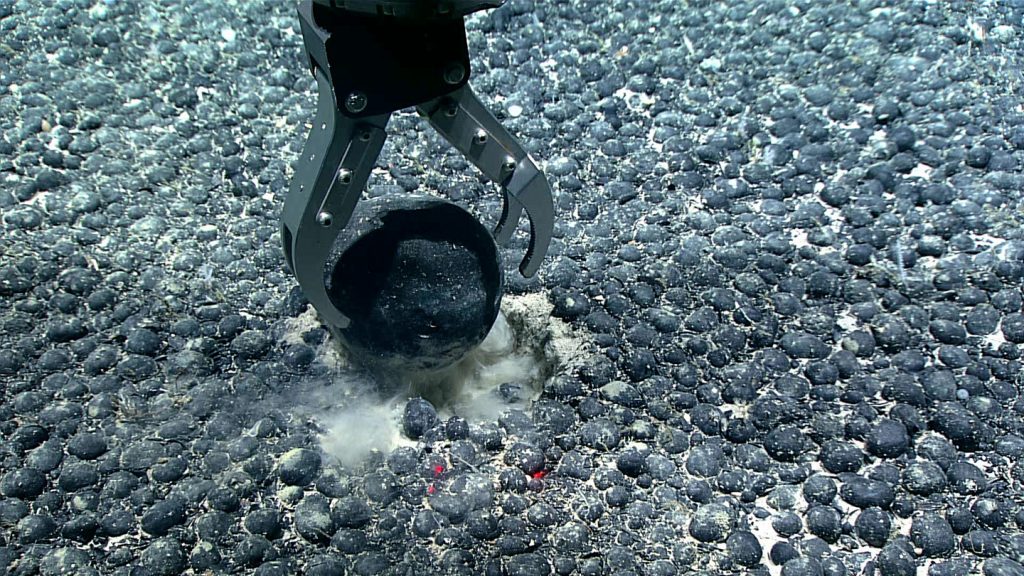New experiments have shown that there may be sources of oxygen in the deep-sea that were previously unrecognized. Researchers conducting studies on the Pacific Ocean seafloor found that metal-rich nodules contain valuable minerals and are targets for mining. Odd readings from dissolved oxygen sensors suggest that, rather than being consumed, oxygen was being produced. The team dismissed the readings as errors but later found through a different method that oxygen was indeed being generated on the seafloor. Lab tests indicated that the nodules were acting as weak batteries, producing enough voltage to split seawater and generate oxygen.
The data showed that the additional oxygen was not coming from trapped bubbles or the breakdown of minerals in the nodules. Lab tests revealed that the nodules were producing voltage and oxygen on their surfaces. Lisa Levin, a biological oceanographer, noted that the nodules support a large amount of biodiversity, with many organisms relying on the oxygen being generated. Despite the new discovery, it is unclear if organisms in the sediments below the nodules also rely on this source of oxygen. Beth Orcutt, a geomicrobiologist, pointed out that deep-sea mining of the nodules could disrupt the ecosystem by reducing oxygen production, particularly if sediment plumes are stirred up.
The potential impact of deep-sea mining on oxygen production in the ecosystem is not fully understood. Orcutt highlighted the fact that plumes of sediment stirred up by mining activities could reduce oxygen production in the area, and the wider consequences are uncertain. The discovery of nodules acting as batteries and generating oxygen is a significant finding in deep-sea ecosystems. The team’s research has shown that there are many processes in the deep sea that are yet to be discovered, highlighting the complexity of these environments.
The research team’s discovery has shed light on a previously overlooked process in the deep-sea ecosystem. The fact that metallic nodules can act as tiny batteries and generate oxygen has implications for understanding the biodiversity and dynamics of these ecosystems. Further studies will be needed to fully understand the role of these nodules in oxygen production and how deep-sea mining could affect the ecosystem. The potential environmental impact of deep-sea mining on oxygen production emphasizes the need for responsible and sustainable practices in mining operations in the deep sea.
The findings from the research have opened up new perspectives on the sources of oxygen in deep-sea ecosystems. The discovery that metal-rich nodules can generate oxygen on the seafloor provides insights into the unique processes at work in these environments. As scientists continue to explore and study the deep sea, they are uncovering new information about the complex interactions between organisms and their surroundings. The research findings highlight the need for further investigation into the role of nodules in oxygen production and the potential consequences of deep-sea mining on this vital process.


